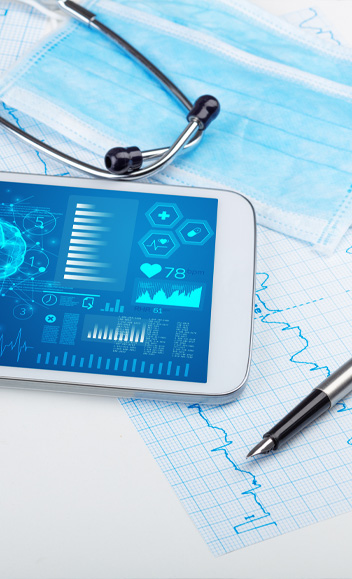What challenges does digitalization bring to the healthcare sector?
Digitalization in the healthcare sector poses challenges such as data protection concerns, security gaps and the need for comprehensive training for employees to be able to handle new digital tools and processes. In addition, the integration of innovative technologies requires investments and the adaptation of existing work processes. It is therefore all the more important to have an experienced partner like the PTA at your side.
How is digitalization in the healthcare sector influencing collaboration and communication between companies and healthcare providers?
Digitization in the healthcare sector promotes collaboration and communication because it simplifies the exchange of data and information through electronic patient records and integrated information systems. This networking enables more efficient patient care, improves decision-making and supports targeted therapy planning, which leads to a higher overall quality of treatment.
What impact does digitalization in the healthcare sector have on compliance and regulation?
Digitalization in healthcare is influencing compliance and regulation by highlighting the need for strict data integrity and security. New digital technologies require compliance with data protection laws and regulatory standards, which requires continuous monitoring and adaptation of compliance strategies. The introduction of global communication standards is an example of digital requirements that companies in the healthcare sector must fulfill in order to receive regulatory approval.








